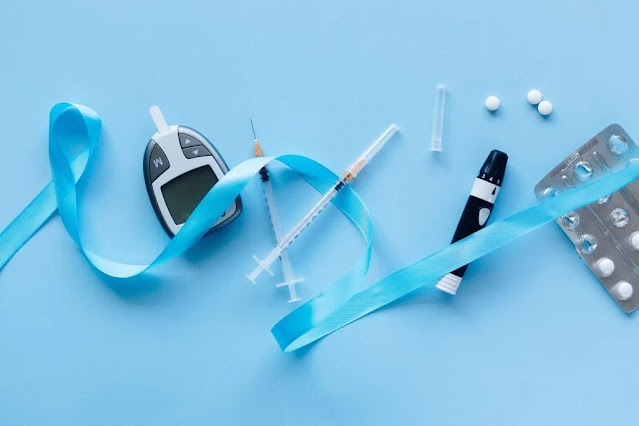Understanding Men's Urology: A Comprehensive Guide
Introduction:
Men's urology is a branch of medicine that focuses on the diagnosis and treatment of conditions affecting the male urinary and reproductive systems. From issues related to urination to concerns about sexual health, men's urology covers a wide range of conditions that can have a significant impact on a man's quality of life. In this comprehensive guide, we'll explore various aspects of men's urology, including common conditions, treatment options, and tips for maintaining urological health.
Understanding Common Conditions:
Benign Prostatic Hyperplasia (BPH): BPH is a common condition characterized by the enlargement of the prostate gland, which can lead to symptoms such as difficulty urinating, frequent urination, and incomplete bladder emptying. While BPH is not usually a serious health threat, it can significantly affect a man's quality of life. Treatment options for BPH range from medication to minimally invasive procedures like transurethral resection of the prostate (TURP) or laser therapy.
Prostatitis: Prostatitis refers to inflammation of the prostate gland and can be caused by bacterial infection or other factors. Symptoms of prostatitis may include pelvic pain, urinary problems, and sexual dysfunction. Treatment typically involves antibiotics for bacterial prostatitis and medications to alleviate symptoms.
Erectile Dysfunction (ED): ED is the inability to achieve or maintain an erection sufficient for sexual intercourse. While it's more common in older men, ED can affect men of all ages and may be caused by physical or psychological factors. Treatment options for ED include oral medications, penile injections, vacuum erection devices, and surgery in severe cases.
Prostate Cancer: Prostate cancer is one of the most common cancers in men, but when detected early, it's often treatable. Regular prostate cancer screenings, including digital rectal exams and prostate-specific antigen (PSA) tests, are essential for early detection. Treatment options for prostate cancer may include surgery, radiation therapy, hormone therapy, chemotherapy, or a combination of these approaches.
Urinary Incontinence: Urinary incontinence refers to the loss of bladder control, leading to involuntary urine leakage. While it's more common in women, men can also experience urinary incontinence, particularly after prostate surgery or due to other underlying health conditions. Treatment options for urinary incontinence include pelvic floor exercises, medications, and in some cases, surgery.
Maintaining Urological Health:
Stay Hydrated: Drinking an adequate amount of water each day helps maintain urinary tract health by flushing out toxins and bacteria. Aim for at least 8 glasses of water per day, more if you're physically active or live in a hot climate.
Eat a Balanced Diet: A diet rich in fruits, vegetables, whole grains, and lean proteins can help support overall health, including urological health. Certain foods, such as cranberries and probiotics, may also promote urinary tract health and reduce the risk of urinary tract infections.
Exercise Regularly: Regular physical activity is not only good for your heart and muscles but also for your urological health. Exercise helps maintain a healthy weight, which can reduce the risk of conditions like BPH and erectile dysfunction.
Practice Good Hygiene: Maintaining good hygiene in the genital area can help prevent infections and other urological problems. Wash the genital area daily with mild soap and water, and always practice safe sex to reduce the risk of sexually transmitted infections.
Quit Smoking: Smoking has been linked to an increased risk of erectile dysfunction, bladder cancer, and other urological conditions. If you smoke, quitting is one of the best things you can do for your urological and overall health.
Conclusion: Men's urology encompasses a wide range of conditions that can affect urinary and reproductive health. By understanding common urological conditions, knowing the symptoms to watch for, and adopting healthy lifestyle habits, men can take proactive steps to maintain urological health and overall well-being. Regular check-ups with a urologist are also crucial for early detection and treatment of any urological issues that may arise. Remember, prioritizing urological health is an essential part of living a happy and fulfilling life.



Comments
Post a Comment